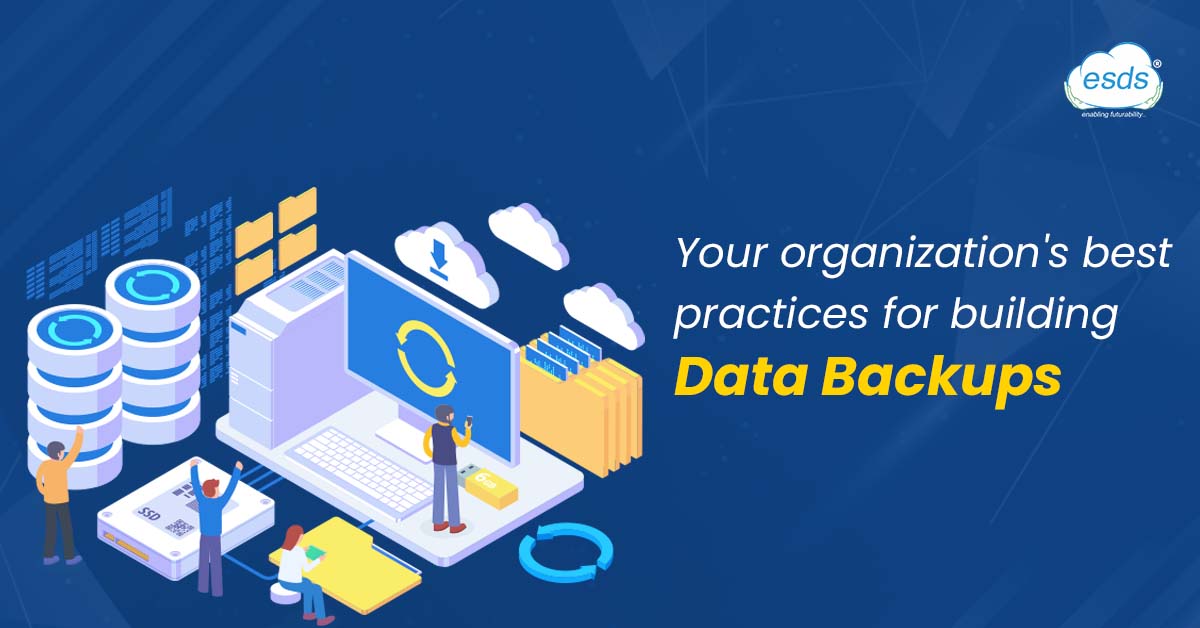In the contemporary digital environment, security lapses and associated data loss are growing more frequent. In the event of a tragedy, the question is not “when,” but rather “how prepared are you?” Organizations should therefore develop solutions to guarantee that their information/data is secure and available at all times. Because of this, data backups and disaster recovery plans are crucial.

It’s interesting to note that over 96% of business workstations lack data backups and recovery systems, putting a lot of critical data at risk. However, organizations have gradually begun to see the value of data backups and disaster recovery solutions, particularly when employing cloud services.
Here are a few facts demonstrating the significance of backing up your data. Have you heard?
21% of SMBs have never created a backup.
Accidents account for 29% of data loss incidents.
Malware has already infected 30% of all machines.
Losing pictures, media, and business files can be devastating for the average person. However, deleting data or restricting access to your data can be disastrous for a business. Hard drives in data centers fail. That is merely a reality. You can use them for three to four years if you’re lucky. According to a report published by an online data backup provider, 90% of their hard drives lasted three years, and 80% lasted four years. However, 5% of them also failed during the first year.
However, this takes into account errors from routine use. Natural calamities, human mistakes, viruses, and ransomware are all part of our daily lives. Therefore, the best course of action is to assume that data loss will occur when it does rather than if. We take data seriously at ESDS. It is an organization’s trustworthy source of life. It fosters new revenue streams, enhances customer experiences, and speeds up innovation. It must be safeguarded.
To assist you in becoming comfortable with data backup terminologies and best practices, we’d like to share a brief primer with you today in honor of World Backup Day. So read on, share what you learn, and remember always to back up your data!

No comments:
Post a Comment